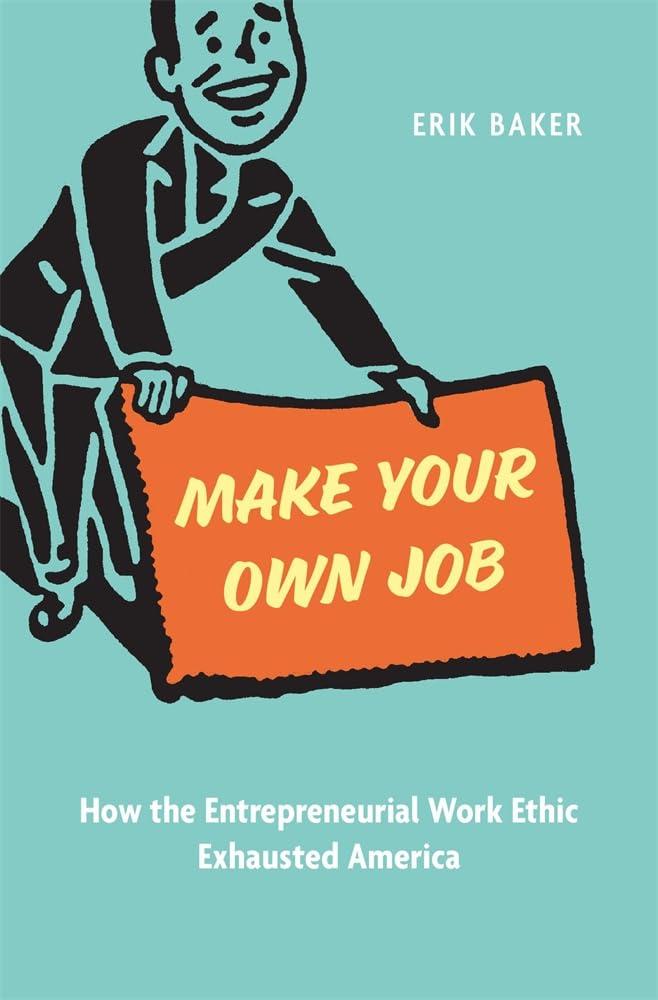The idea of a workplace in which entrepreneurialism could be exhibited at every level was entrenched by self-help writers and what Baker calls “management intellectuals”—consultants, corporate executives, business journalists, and other predecessors of today’s TED-talk thought leaders. One of the most prominent of these was Peter Drucker, an Austrian-born American writer, consultant, and professor. His breakthrough book was “Concept of the Corporation” (1946), a sort of ethnography and appraisal of General Motors. In his view, the personal satisfaction of employees was essential to a company’s bottom line. Large organizations, run properly, could instill a sense of purpose and dignity even among rank-and-file workers—which would, in turn, maximize productivity and profits. Drucker was especially taken with the ideal of the entrepreneurial manager: an inspiring, creative, personable leader who cultivated loyal, productive, and enterprising employees. In an environment where American democracy was seen as inextricable from American capitalism, the entrepreneur could be a heroic figure. In 1949, Drucker wrote a column for Fortune in which he claimed that entrepreneurialism was a matter of “national interest.” He believed that corporations fulfilled a crucial political function: entrepreneurial managers could foster a sense of citizenship and national responsibility in their subordinates. Entrepreneurship, it would follow, was practically patriotic, a bulwark against authoritarian and totalitarian ways.
By the eighties, Drucker had become one of the most prominent management intellectuals in the U.S. That decade brought corporate restructuring, deepened inequality, and waves of consultants and career “business gurus.” Among them was Tom Peters, an ex-McKinsey consultant who emerged as a public figure with the 1982 mega-best-seller “In Search of Excellence.” Peters and his co-author, Robert Waterman, took stock of the previous decade’s flailing economy, identified companies that had survived inflation, high interest rates, global competition, and corporate bloat—3M, Johnson & Johnson, Frito-Lay—and explained to readers how American industry might learn from such success stories and recover. The book highlighted the importance of “corporate culture,” a workplace identity that could enable employees to feel a sense of agency, ownership, and purpose in their day-to-day work. As a management book, “In Search of Excellence” ostensibly spoke to the executive class—but, as its success implies, it also struck a nerve with readers more likely to toil for a dysfunctional company than to run one.
